commentary Commentary
Commentary: Surely separatism is not Hong Kong’s endgame?
Six months of protests have dampened Hong Kongers' hopes for the future, knowing that the city will become part of China in 2047. But it doesn’t mean the city seeks independence, says Doris Lam.
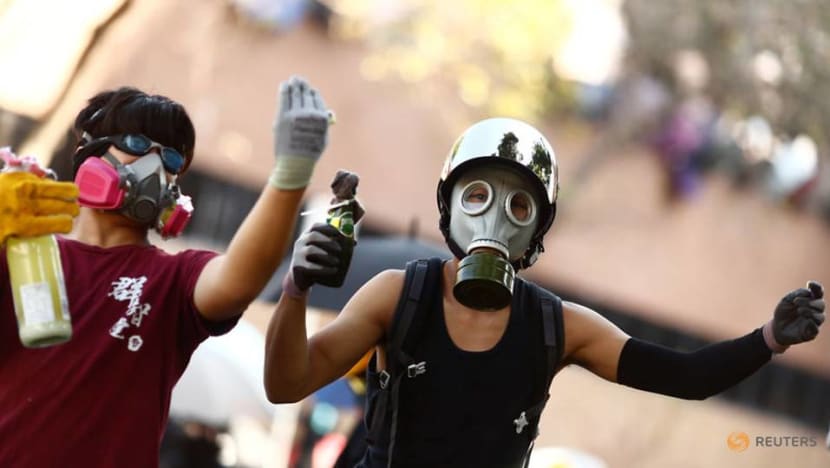
Protesters wear gas masks during clashes with police outside Hong Kong Polytechnic University (PolyU) in Hong Kong, China on Nov 17, 2019. (File photo: REUTERS/Thomas Peter)
HONG KONG: Almost six months into the Hong Kong protests, it’s hard to picture what the city once was.
On the streets, the once graffiti-free city has been sprayed with protest-related slogans and street art. Any sense of slight normalcy is destroyed the second you step into an MTR station.
READ: China arrests Belizean, Taiwanese citizens over alleged meddling in Hong Kong affairs
Commentary: The Hong Kong Act complicates world’s most important relationship
Nicknamed “The Communist Party’s Railway” by protesters, the MTR has been under fire — figuratively and literally — the last few months for bending to the government’s requests, including the imposition of an unofficial curfew every night by shortening service hours, which many see as an attempt to discourage night protests.
The campus siege at Hong Kong Polytechnic University (PolyU) may have dominated headlines, but now, most university campuses are deserted, with many announcing a premature end to the semester.
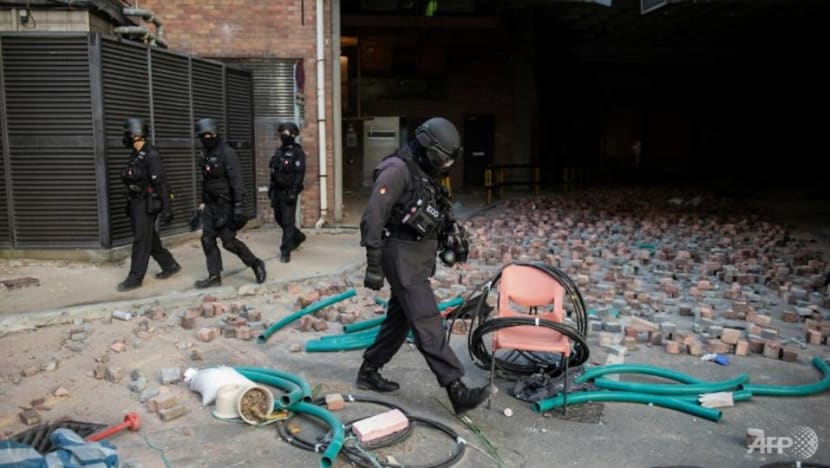
Yet among these chaotic developments, a new candle of hope was lit this week. The pro-democracy camp won 17 out of 18 districts in Hong Kong’s district council elections, beating pro-Beijing candidates in record numbers.
Commentary: Hong Kong campus siege widens split between moderates, radicals
READ: Hong Kong police enter ransacked campus after protest siege
Hong Kongers have spoken. While many protesters and their supporters were celebrating, however, the situation in Hong Kong is still far from ideal. The district councils hold little political power in the city.
FEARS AND PESSIMISM
Every day, protesters continue to chant “five demands, not one less,” yet only one has been met in the 23 weeks of protest.
As time draws on, Chief Executive Carrie Lam seems to have given up reasoning with protesters entirely, even calling them “the enemy of the people” during a press conference in November.
There have been incidents of police officers allegedly acting with impunity during this time of chaos, with videos suggesting they would go so far as to threaten protesters with live ammunition.
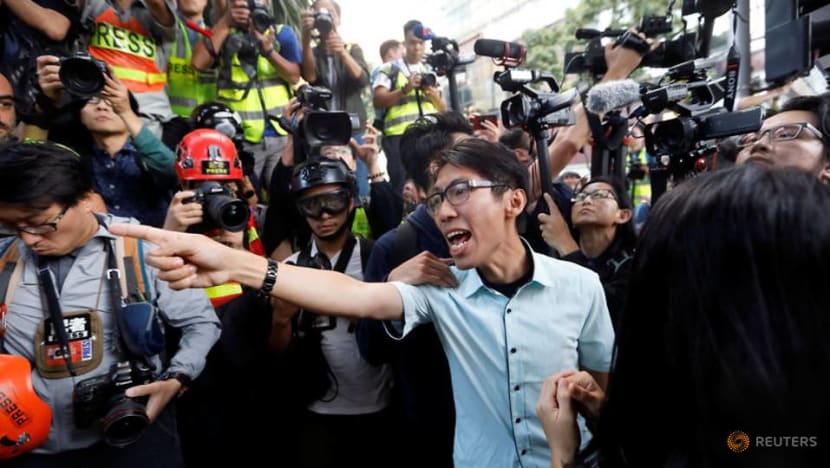
Graffiti walls with ominous phrases like “there’s no way back” and tributes made to the late Hong Kong University of Science and Technology student Alex Chow Tsz-lok are harrowing reminders of the conflict that has engulfed the city.
All this makes it hard for Hong Kongers to feel hopeful about the future, knowing that Hong Kong will become part of China in 2047.
Citizens fear merging with China means losing freedom of speech, journalism that holds power to account and more parts of what makes a free and fair society that have come to symbolise the Hong Kong identity to youths like myself.
Commentary: Hong Kong poll win will embolden protesters
Rumours about unwarranted arrests or mysterious disappearances, like those involving the Causeway Bay Books staff, colour how we see that inevitable integration with China.
DOES HONG KONG WANT TO SEPARATE?
Tear gas, violence and train disruptions have become Hong Kongers’ everyday life, but how will this era of protests end? Will life ever go back to the way it once was? The more important question for Hong Kongers is, do we even want it to?
Some people have asked me, what is it that Hong Kongers want? Is it separatism?
It’s easy to see why international observers think so. Hong Kong protesters are indeed wary and suspicious of whether the Chinese government might be behind incidents of escalation in these protests.
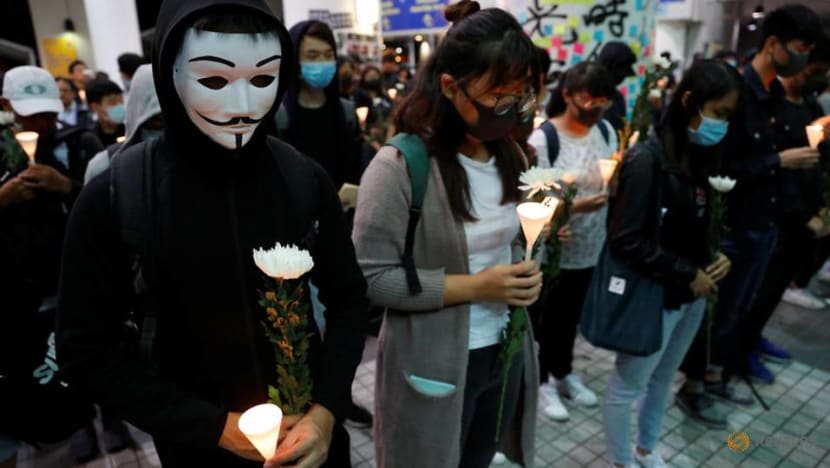
Many of us try to raise awareness on questionable events that occur within China and Hong Kong in the search for answers.
However, it would be simplistic to presume these actions come with an ill intent to tar the country and seek separation. Hong Kongers strive instead to put pressure on China to do better behind closed doors so that the country can improve as a whole.
It is true that the new generation of young Hong Kong citizens are fiercely loyal to their city and proudly identify themselves as Hong Kongers instead of Chinese.
But we also want to be proud of our Chinese roots and culture, and have reason to take pride in this.
Commentary: This may be the end of Hong Kong as we know it
Part of this tension between what it means to be a Hong Konger versus what we think it means to be Chinese is a difference in our political cultures. Hong Kongers are used to a two-way relationship between the government and the people. We want transparency, reason and justice.
Democracy (in terms of one man, one vote for the top leadership positions in the city) seems like part of that social compact, even though many have said Hong Kong has never had universal suffrage. If the Chinese government hopes for a smooth transition to 2047, a more open and transparent approach to governing has to be in play.
While this will move Hong Kong further away from the Chinese political system, our hope is that the Chinese government would take a leap of faith to build trust with Hong Kongers, given Hong Kong’s special historical circumstances.
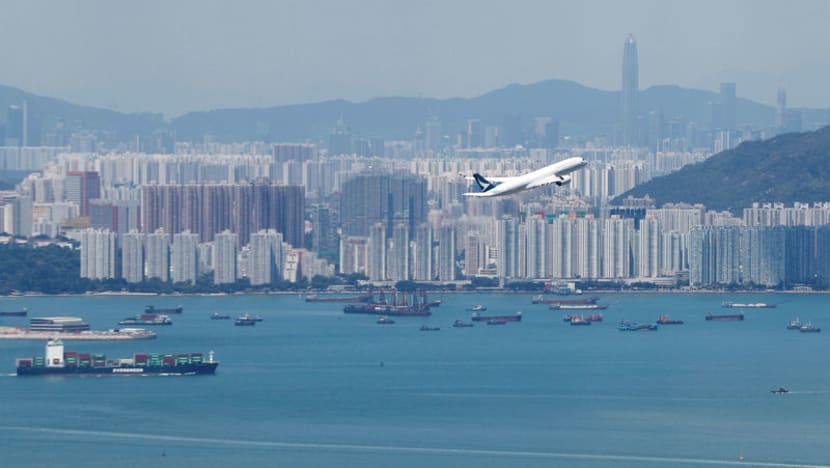
Protesters are hoping the district council results send a clear signal how dissatisfied Hong Kongers are with the current system. We know China will not let Hong Kong go without a fight and there are other strategic implications for China as a whole.
READ: Commentary: Struggles within Hong Kong’s political system the new battle frontier
READ: Chinese state media say Hong Kong elections 'skewed'
It was just earlier this month when China warned against separatism and acts that aim to split the country.
While the government has to take steps back to earn back Hong Kong people’s trust, Hong Kong citizens should also be prepared to negotiate with an open mind if there is an opportunity for dialogue between government officials and protestors.
BUILDING BRIDGES
How do we get there? Meeting the four remaining demands will build trust and release the pressure valves.
Out of the four, fully retracting the “riot” characterisation of protesters is a low-hanging fruit that additionally signals that the government understands and sympathises with how they feel.
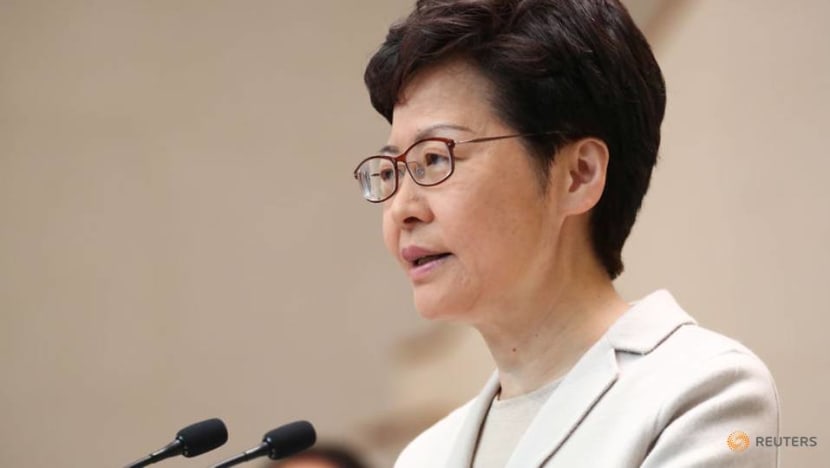
Admittedly, seeking amnesty for all arrested protesters may be problematic.
There is no excuse for the police’s excessive use of weapons and physical force. But Hong Kongers must also admit when protesters cross lines. Extreme cases of violence and acts of barbarism should be condemned. We do not set people on fire.
READ: Commentary: Have the Hong Kong police lost control?
But broad brushing the entire protest movement with this act also seems unfair. Wearing a mask or shining flashlights are not equivalent crimes.
The remaining two demands calling for an independent commission of inquiry into alleged police brutality and universal suffrage will be hardest for the Hong Kong government to meet.
But it is not unimaginable for the government to look into establishing an independent inquiry into police brutality. That’s something citizens and business leaders would fund.
Hong Kongers want to feel proud of their Chinese heritage, but the contradicting political values make it difficult for Hong Kongers to find common ground with their government, and unsure about what to make of 2047.
MORE: Our coverage of the Hong Kong protests
Follow us on Telegram for the latest on Hong Kong: https://cna.asia/telegram
Doris Lam will be graduating from the University of Hong Kong with a Bachelor of Arts in 2020.














